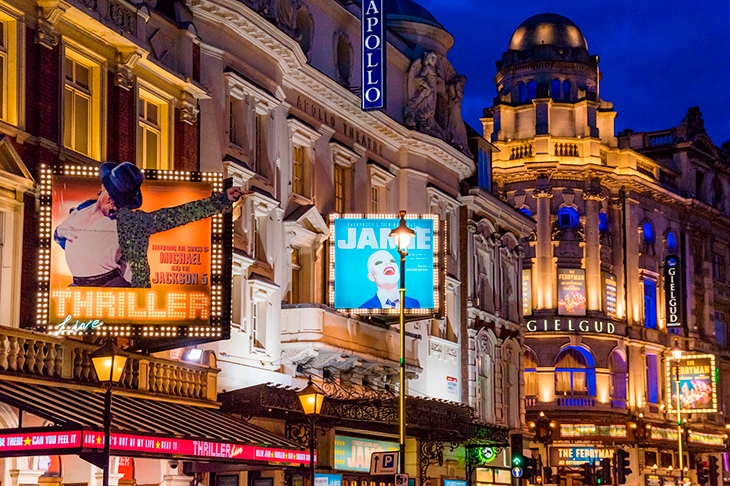Never have I stared at my own face so much. Not because I want to, it’s just always there now, ever present in one part of the screen I’m compelled to look at as I talk to the person who requested a Zoom, or a Teams, or a FaceTime. It feels apt, in an existential crisis, to keep opening new ‘windows’ to see out into the world, only to discover they are only mirrors, reflecting oneself. A dark morality tale for the isolation age. ‘You won’t find it on Zoom, James, the answer to your problems lies within.’ Or something. Is that really what I look like when I talk, though? Why do I always look so tired? It’s not as though I was out last night. There’s a perpetual lethargy in quarantine that means you’re forever at a 5 or a 6 out of 10 on the energy scale. Gone are life’s extremes. I feel like that frog in the boiling water fable. I can’t really tell minute to minute, day to day, whether I’m about to freeze or fry.
Luckily, like the spider Charlotte in her barnyard confinement, I was able to spin a web in advance of lockdown. My television drama Quiz, based on the so-called ‘Coughing Major’ scandal, was always due to run during the Easter holiday. On a daily basis I still, four weeks later, try to engage in the ‘conversation’ that the show generated, publicly on social media and privately with industry colleagues — which, living alone, feels like a lifeline and I’m grateful. My last piece of ‘event’ television, Brexit: The Uncivil War, about a certain Dominic Cummings, married to the commissioning editor of this publication, had the opposite effect. It seemed to divide and incite, rather than unite and soothe. I’m not sure what, as a political playwright, is the higher social function — provocation or appeasement. Either way, my approach was the same. I tried to understand people different from myself, and allow them a defence in order to better hold them to account.
I find myself pacing the kitchen this week listening to Rufus Norris, artistic director of the National Theatre, on the radio, acknowledging the most important thing to be worried about now is the physical and mental health of the nation, but we need art and it won’t survive without political intervention. Theatres, cinemas, concert halls are haemorrhaging money. The best and most beautiful thing about theatre is its biggest weakness now: you need to get people together to do it.
As a result I am reading Maynard Keynes, who not only wrote the blueprint for the new global economy post-war, but helped establish the Arts Council, which isn’t a coincidence. Culture for everyone, written into the code of the new social algorithm. Anthony Crosland, the post-war Labour politician, philosophised movingly that British life couldn’t just be about exports and pensions, but about pleasure and togetherness and expression. No one is going to want to hear that argument against the backdrop of such economic and social devastation. The only economic case we in the creative industry can make is that, as the fastest growing sector in the country before shutdown, it always gave more to the Treasury than it received. A thriving film, stage and TV production industry doesn’t cost hospital beds, it helps pay for them. If drama and music helped people survive the lockdown, they may just need a little help when it’s done. Yikes.
I don’t cook, but I should, but I can’t. I tried to cook for my neighbours before Christmas. A Polish soup that takes two hours to thicken. Just before serving, after sweating it for hours, I had to strain one more time, and so tipped it through the sieve in the sink, only I forgot to place a saucepan underneath and so down the plughole it went. I think they think I’ll starve without intervention, and so every couple of days generously give me some of their leftovers in hygienically cleaned, strategically placed Tupperware boxes over the fence, like prisoners exchanging contraband.
My mum and stepdad work in distribution warehouses — a key industry, busier than ever, and so they are not being furloughed and must turn up, despite being in their sixties. All my mum seems to ship is hair straighteners. The real national emergency.
Unavoidably, I Zoom once more this week. I’m an associate artist for the Nottingham Playhouse, back home in that Red Wall that infamously collapsed. In town and cities like this, the closing down of pubs and restaurants has had less impact generally because of the collapse of social infrastructure and communal spaces over years and decades. The pubs were already shutting, people drinking at home. The bus timetables already skeletal. The new world will need more, not fewer, civic spaces — physical places for a community to gather when it can again. Theatres, perhaps? I think about this, as I stare into the screen for answers, and see only myself staring back.






Comments